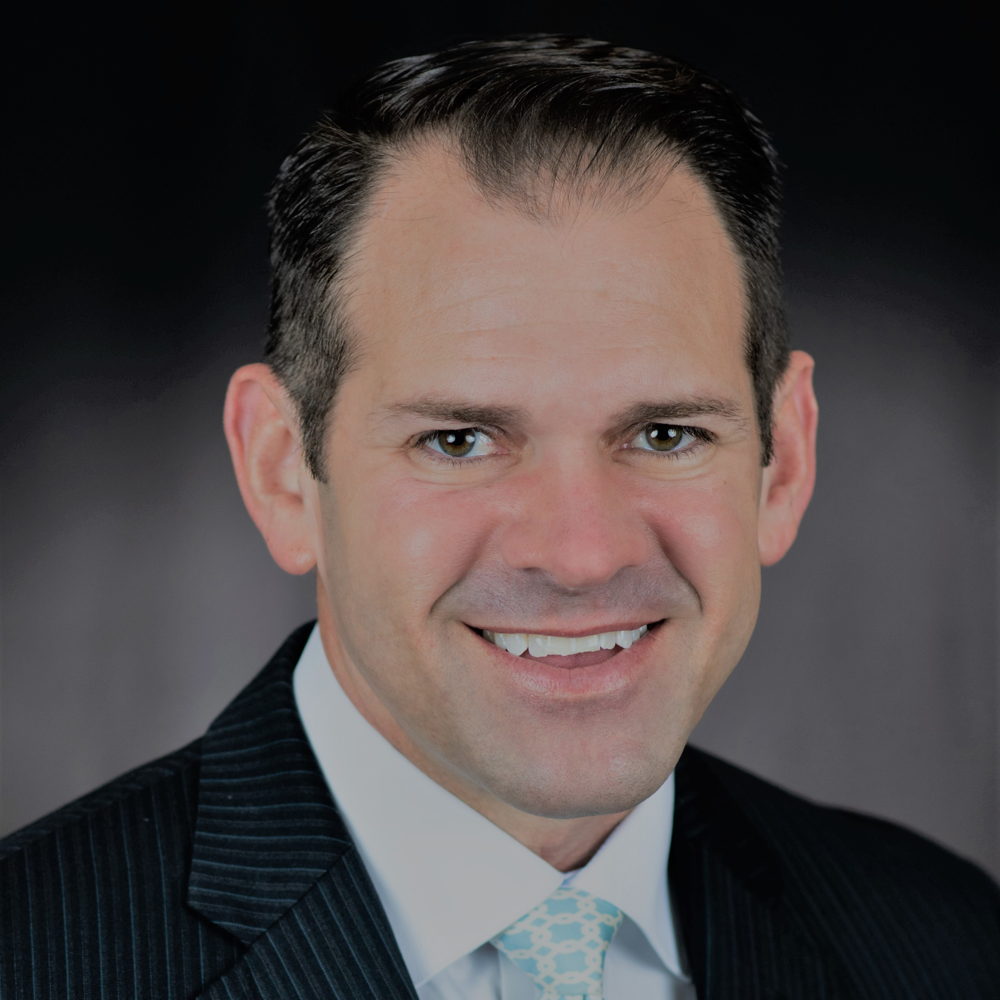Understanding Stress and Its Effects on the Heart: Dr. Ian Weisberg Explains
Understanding Stress and Its Effects on the Heart: Dr. Ian Weisberg Explains
Blog Article

Developments in medical technology are fast transforming aerobic treatment, and Dr Ian Weisberg, a head in cardiac electrophysiology, reaches the front with this revolution. With a willing give attention to the position of wearable products, synthetic intelligence (AI), and rural monitoring, Dr. Weisberg is helping shape the continuing future of heart health. His impressive strategy is increasing early detection, increasing individual outcomes, and allowing for more individualized care.
Wearable Technology: The Potential of Real-Time Cardiac Monitoring
One of the very most promising developments in heart wellness may be the increase of wearable devices. Dr. Ian Weisberg is particularly thinking about the position of smartwatches, portable ECG watches, and conditioning trackers in checking heart health. These units give continuous, real-time ideas into heartbeat, flow, and different vital signs. For people at risk of arrhythmias like atrial fibrillation, these wearables provide early caution signals, allowing consumers to get immediate action. By sensing possible dilemmas before they become key health risks, wearables provide a hands-on way of cardiac care.
AI's Position in Revolutionizing Aerobic Diagnosis
Artificial intelligence is still another essential area wherever Dr. Ian Weisberg sees immense potential. AI algorithms may sift through big amounts of information from electrocardiograms (ECGs) and imaging, determining habits that will maybe not be visible to the human eye. That technology is really a game-changer in diagnosing heart situations early and accurately. Dr. Weisberg feels that AI not just supports faster diagnoses but in addition assists physicians make more knowledgeable conclusions, leading to higher therapy outcomes and less difficulties for patients.
Distant Checking: Creating Cardiac Attention Available to All
For people with serious problems such as for example center disappointment or arrhythmias, constant checking is essential. Dr. Ian Weisberg has been a powerful supporter of distant cardiac monitoring, which allows doctors to monitor patients'heart wellness without requesting regular in-person visits. Products that calculate center flow, body stress, and air levels may send information straight to healthcare vendors, ensuring that any possible problems are resolved in real-time. This kind of remote tracking is especially beneficial for people in rural areas or people that have mobility issues, because it decreases the necessity for frequent hospital trips while ensuring top quality care.
Individualized Medicine: The Potential of Aerobic Therapy
Looking ahead, Dr. Ian Weisberg envisions a future where personalized medicine becomes the cornerstone of cardiovascular care. By combining genetic testing with knowledge gathered from wearables and other monitoring units, doctors may custom solutions to each individual's distinctive needs. This customized strategy may permit healthcare providers to offer more effective interventions, reducing the risk of issues and increasing long-term heart health.
Conclusion
As engineering continues to evolve, therefore too does the possibility of more effective, available, and accurate cardiac care. Dr Ian Weisberg Niceville Florida is helping lead this change, advocating for the integration of wearables, AI, and remote checking into everyday healthcare. With your innovations, the ongoing future of cardiovascular disease management is better than actually, offering expect better health outcomes for people worldwide.
Report this page